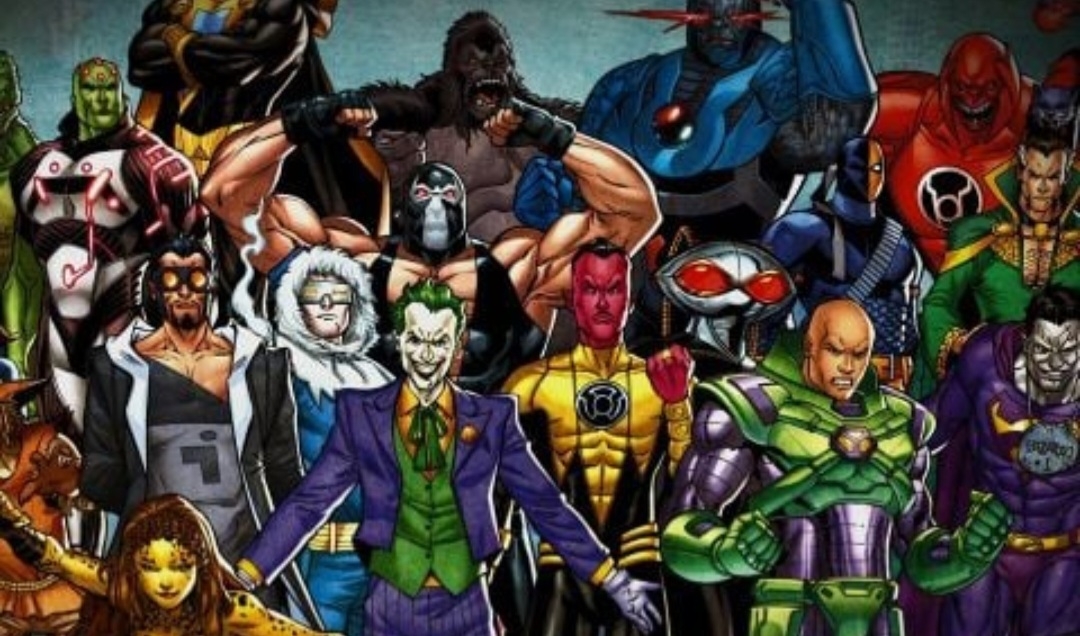From The Desk Of A Geek:
Remember Me This Way
After taking prom pictures with Landon, my niece Lainey, and the family, and of course posting the "obligated" historical parental prom pictures😀
I started doing a little reminiscing myself, remembering when cousins, Landon and Lainey were young, and everything was new and exciting. Now they have grown into young Christian adults. Time does fly..!!
That got me thinking about my own memories and I thought I would share a few thoughts....
Do you remember that famous Broadway musical "Cats"? And the Grammy Award winning song Memories
"Memory, all alone in the moonlight
I can dream of the old days
Life was beautiful then
I remember the time I knew what happiness was
Let the memory live again...."
Mark Twain once said, “I have such a good memory that I recall things that never happened.”
Mark Twain was making fun, but in fact, his ‘tongue-in-cheek’ remark about memory says more than we realise.
How good is your memory? Without a doubt, a memory is a great blessing.
Poet Wendell Berry has observed that when we are young, our lives are all time and little memory. As we grow older, we discover that our lives are almost entirely memory and very little time. That's why, in visits with older family members or acquaintances, we often talk about the past and the roads they have traveled.
Conversations like that are not mere reminiscing about "good old days." They are crammed with evidence of God's grace and faithfulness. Our memories of the past give us courage for the road ahead.
Israel practiced a similar faith dynamic. The psalmist offers memories of the Exodus. Why remember things that happened centuries earlier? Because such memories inspire hope for tomorrow.
Alistair MacGrath has compared the Christian to a trapeze artist who has let go of one bar and is soaring through the air to catch the other bar swinging toward him. There's a moment when the trapeze artist is suspended in midair caught in an act of faith. That's the nature of the Christian life.
A memory can be a wonderful blessing. It can bring smiles, laughs, or even tears of joy as we look at pictures, share stories, or just think about the good times of bygone days. One writer said, “Memory is the way of holding on to the things you love, the things you are, the things you never want to lose.”
I think it’s important to know that every memory you have is filtered through the lens of your own personal perspective. Which is why eye-witnesses will have completely different stories when giving detailed accounts of an event. Emotions and past experiences will always influence your perspective, perception, and therefore, your memories.
Psalm 143:5–6 reminds us:
"I remember the days gone by;
I think about all that You have done,
I bring to mind all Your deeds.
I lift up my hands to You in prayer;
like dry ground, my soul is thirsty for you."
We journey by faith. Often the insecurity of the moment overwhelms us. That's why we cultivate a spiritual memory. God's grace is woven into our own personal stories. Consider your own life. Now is the time to make new memories! Make lots of happy memories. Everyone has painful memories but with intentional effort, it’s possible to make plenty of positive memories to overshadow the difficult ones.
What stories might you share with family, and friends about God's goodness?
Lonnie....



